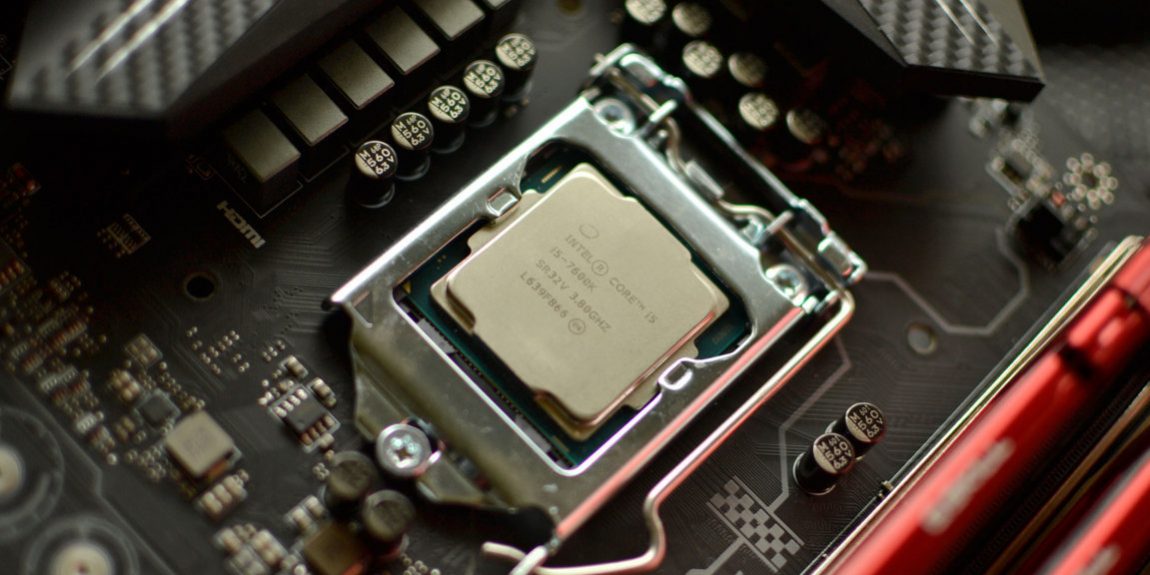After Skylake, it’s time for Kaby Lake and Coffee Lake: all sixth, seventh and eighth generation Core processors now have Intel’s new microcode to fix the Spectre bug. In particular, the microcode refers to the second variant of Spectre: remember that Spectre variant 2 attacks work by persuading the processor’s branch predictor to make a specific wrong prediction about which code will be executed. This bad prediction can be used to deduce the value of data stored in memory, thus providing malicious users with information they should not have. The purpose of the update is to give operating systems more control over the predictor, allowing them to prevent one process from influencing the predictions made in another process.
A new microcode for mainstream Skylake processors was released earlier this month; the latest microcode covers both Skylake variants, such as Skylake X (used in the new Core X and Xeon-W processors), Skylake D (used in the latest Xeon D chips) and Skylake SP (used in Xeon Scalable Processors), and post-Skylake mainstream chips, referred to as 7th and 8th generation Core, codenamed Kaby Lake and Coffee Lake.
As for older processors using Broadwell and Haswell cores, these do not yet have a microcode adjustment. According to Intel’s statements, the next fixes released will affect these processors in addition to Sandy Bridge and Ivy Bridge (currently undergoing testing). For other older chips, Intel says, the ‘pre-beta’ phase has begun, i.e. Intel is performing internal validation of the fix before external ‘beta’ testing.
In general, PC users will have to wait for their system or motherboard supplier to provide updated firmware.
News is being updated.
Sara Avanzi

